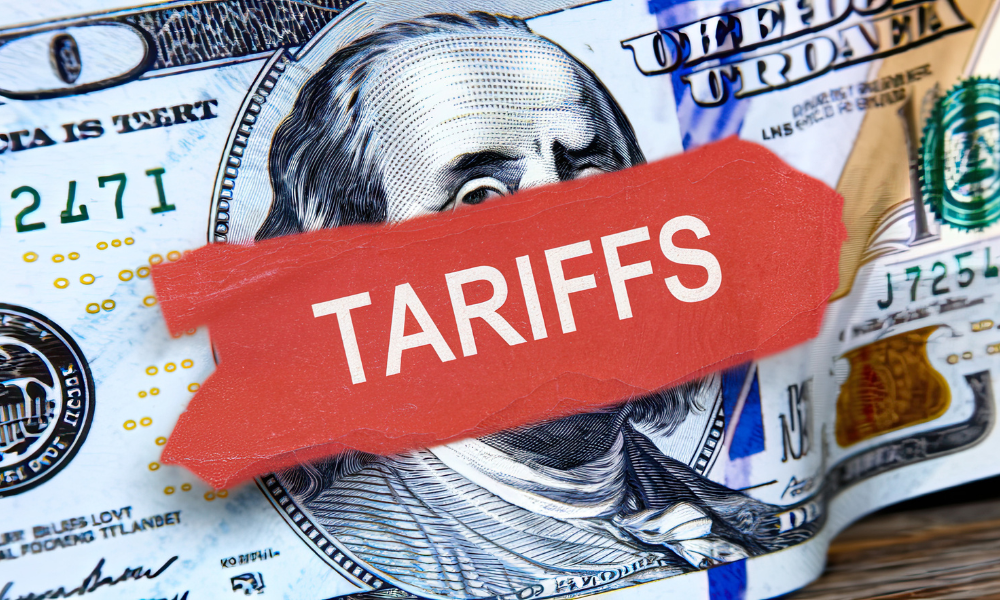China confirms US requested meeting, but Trump denies backing down ahead of key negotiations

US President Donald Trump said he would not lower the United States' 145 percent tariffs on Chinese imports to advance negotiations with Beijing.
When asked Wednesday at the White House if he was open to easing the duties to bring China to the negotiating table, Trump replied, “No.”
Trump made the remarks during a swearing-in ceremony for US Ambassador to China David Perdue, as reported by BNN Bloomberg.
His comments came just days before US Treasury Secretary Scott Bessent and US Trade Representative Jamieson Greer were scheduled to meet Chinese Vice Premier He Lifeng in Switzerland.
China’s Commerce Ministry stated last week that “the US has recently sent messages to China through relevant parties, hoping to start talks with China.”
However, Trump denied the US had initiated the discussions, saying those who claimed the contrary “ought to go back and study their files.”
In a Fox News interview cited by BNN Bloomberg, Bessent said current tariff levels are unsustainable and talks will focus on de-escalation.
“We’ve got to de-escalate before we move forward,” he said. “We don’t want to decouple, what we want is fair trade.”
Bessent added that Trump’s strategy may unsettle markets but claimed it gives the US an advantage in negotiations.
He said both he and Trump know what terms would be acceptable but would not share those publicly.
The meeting in Switzerland will be the first confirmed high-level trade talks between the US and China since Trump imposed the steep duties.
The announcement of formal discussions earlier in the week had initially raised hopes that the tariff dispute might be resolved before causing lasting economic damage.
As reported by CNBC, China confirmed the US had requested the meeting, while reiterating its firm opposition to Trump’s tariff hikes.
Trump asserted the US had previously been “losing a trillion dollars a year” to China on trade, but “now we’re not losing anything.”
He did not provide further context, but the remark appeared to refer to the trade deficit.
The tariffs have contributed to market volatility and raised costs for goods including manufacturing equipment, clothing, and toys.
China responded with 125 percent tariffs on American imports, as noted by BNN Bloomberg.
Both economies are under pressure to reach a resolution. The US economy contracted at the start of the year for the first time since 2022, driven by a pre-tariff import surge and weaker consumer spending.
In China, factory activity slipped into its worst contraction since December 2023, according to the official manufacturing purchasing managers’ index.
Shortly after confirming the upcoming talks with Bessent and Greer, Chinese President Xi Jinping’s government announced broad measures aimed at stabilising markets and supporting the country’s economy.



